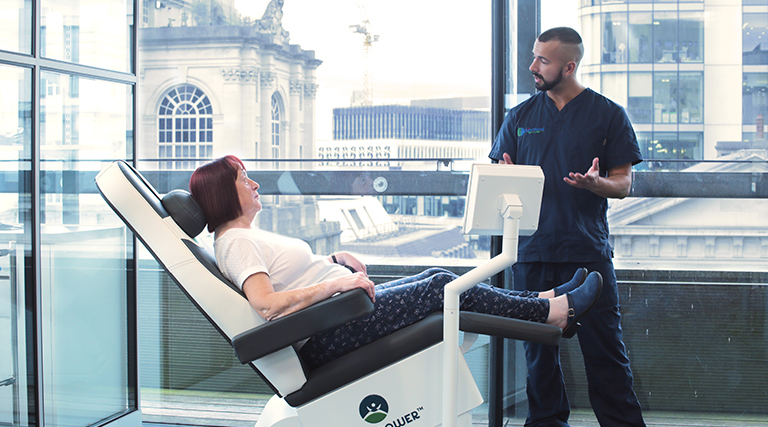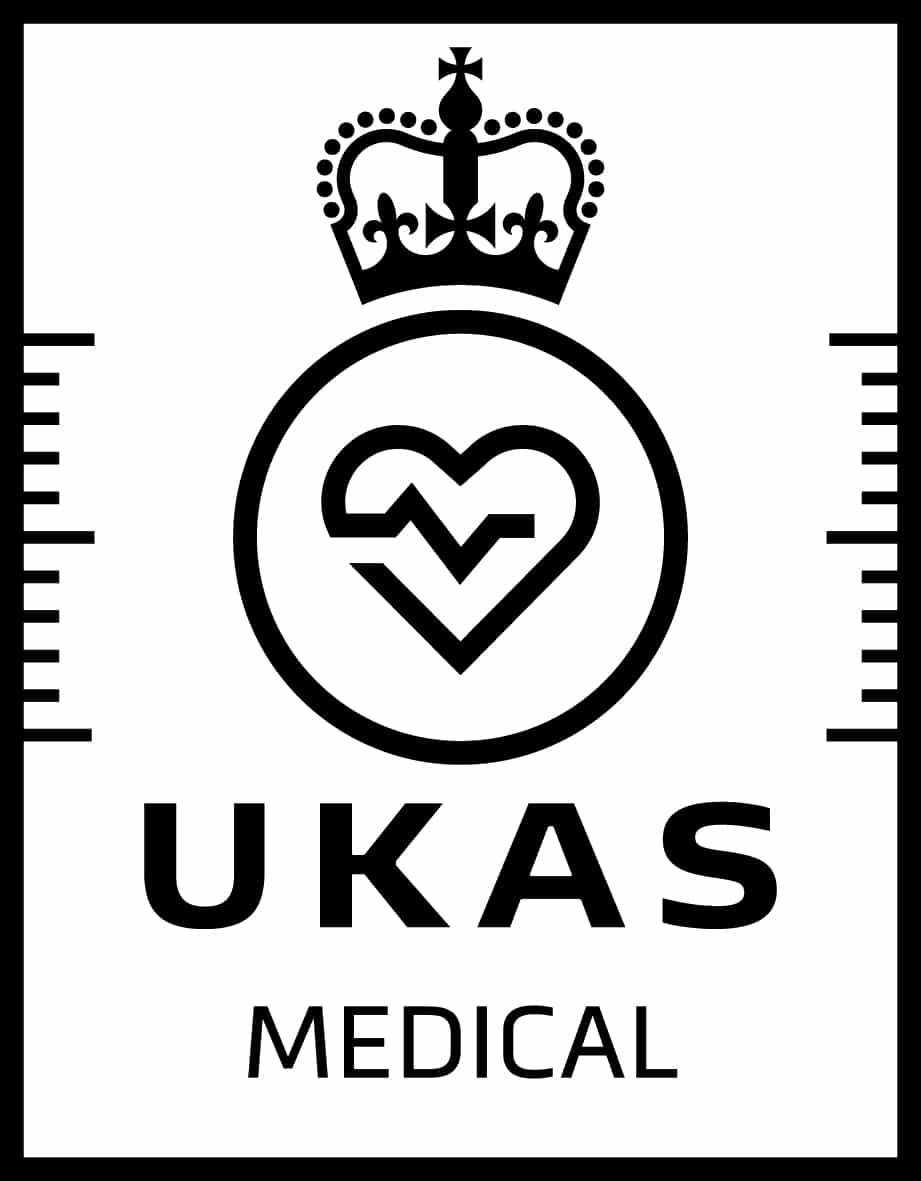Diagnostic tests can be key to finding resolutions and moving forward with your gut health complaints.
Problems with your stomach and intestines can range from the niggling to having a severe effect on the way you plan your life.
Getting answers isn’t always easy, which is why we’re here to help with diagnostic tests for gut problems. Your doctor or consultant can refer you to us for a wide range of gut health tests. There are no waiting lists or waiting time – and since we use the latest science and technology, the results offer a high degree of accuracy.
Our team recognise what you’ve been going through before you’ve been able to get gut health diagnostic tests, so you’ll find the process caring and understanding.
Diagnostic testing
Oesophageal manometry tests
The muscles in your oesophagus may be causing symtoms such as reflux, chest discomfort or problems with swallowing. This test tells us if your muscles are working as they should.
Find out moreElectrogastrogram (EGG) tests
EGG is a non-invasive way to measure gastric function, where electrodes placed on the skin of the abdomen record the electrical activity of the stomach.
Find out moreHydrogen Sulphide Breath Test
Hydrogen Sulphide gas can be produced by certain types of bacteria in your gut. Our breath test allows us to measure this gas, to see if there is an overgrowth of this type of bacteria.
Find out moreEndosign Capsule Sponge Test
The muscles in your oesophagus may be causing symtoms such as reflux, chest discomfort or problems with swallowing. This test tells us if your muscles are working as they should.
Find out more24-hour reflux testing
This test measures any acidic or non-acidic reflux you get over the test period to help determine a possible cause.
Find out moreSIBO – Small intestine bacterial overgrowth tests
Your symptoms may be caused by an overgrowth of bacteria in your small intestine. This breath test can help detect if this is the case.
Find out moreCarbohydrate breath test for lactose or fructose intolerance
This simple breath test can explore whether you have an intolerance to sugars such as lactose or fructose.
Find out moreGastric emptying tests for gastroparesis
We’ll measure how well your stomach empties by asking you to eat a small meal and then testing your breath over time.
Find out moreAnorectal manometry tests
If you’re having problems with your bowel movements, this test helps determine if the strength of the muscles in your rectum might be part of the problem.
Find out moreProctogram / defaecography tests
This test involves involves X-raying your bowels while you’re emptying them to determine why you’re having trouble opening them.
Find out moreEndoanal ultrasound scan
If you’ve been having bowel problems, this test measures the strength of the muscles in your anal canal, which may be weak or damaged.
Find out morePudendal nerve motor latency tests & examinations
This test studies how well the nerves in your pelvic floor are working, since these control the muscles in your back passage and may be causing your bowel problems.
Find out moreWhole-gut transit study
A colonic transit study investigates how long it takes for faeces to pass through your bowel.
Find out moreHelicobacter (H) pylori breath test
This simple breath test detects Helicobacter pylori, a bacterium which causes a range of problems in the lining of the stomach and intestines.
Find out moreLaryngopharyngeal reflux (LPR) test
This test provides information on how much reflux you are getting in your throat and helps to determine if this is causing your symptoms.
Find out moreGastric Alimetryᵀᴹ
This non-invasive test helps determine if your stomach is functioning normally if you have chronic symptoms such as nausea, vomiting, bloating, abdominal pain or feel too full after eating.
Find out moreBiofeedback therapy
This treatment helps to retrain your bowel if you’re experiencing faecal incontinence or difficulty going to the toilet.
Find out moreGastric acid output test
This test can tell whether you have low stomach acid (hypochlorhydria) by measuring how long is takes for your stomach pH to reacidify after a meal.
Find out more

